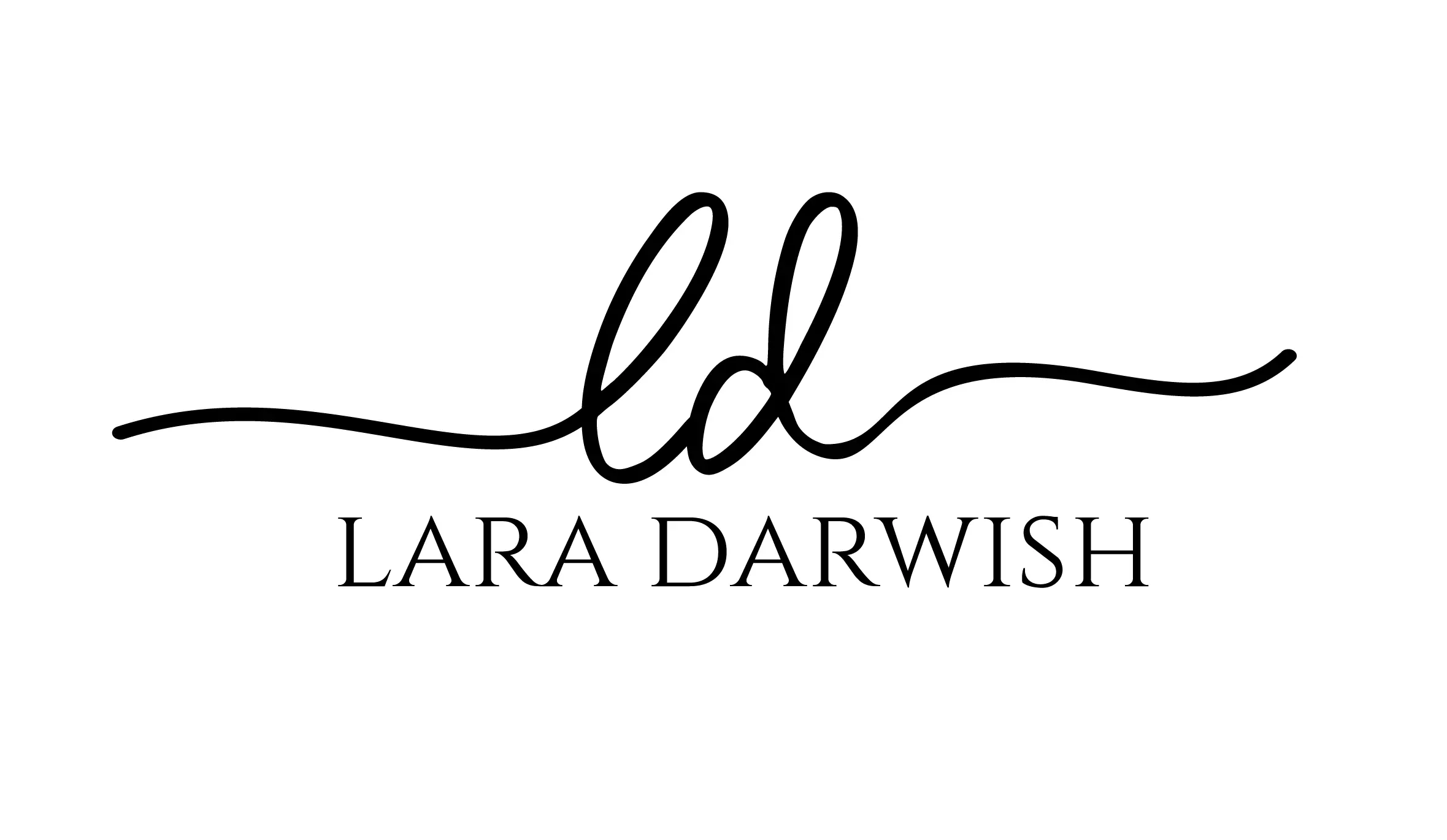In the domain of education and professional development, the significance and scope of the teaching role have expanded, attaining greater value and encompassing a wider and more profound meaning. In my opinion, educating someone encompasses a holistic process that not only facilitates their learning but also broadens their perceptual framework, enriching their understanding and perspective of themselves and the world around them.
Building upon this expanded and enriched understanding of education’s role in both personal and professional development, it’s pertinent to explore the nuanced distinctions between the roles of a trainer, facilitator, moderator, and teacher. Each of these roles carries distinct responsibilities, methodologies, and skill sets, which can be traced back to the origins of their etymology.
Trainer
The word “trainer” rooted in Latin “trahere“, meaning “to pull or draw.” This etymology reflects the trainer’s role in drawing out the potential within individuals, guiding them to develop specific skills or knowledge. Trainers are subject matter experts who primarily work in environments necessitating skill enhancement or professional development.Essential skills include deep subject matter expertise, effective communication, the ability to engage and motivate learners, adaptability to meet diverse needs, and the capacity to evaluate and provide feedback on learners’ progress.
Facilitator
The term “Facilitator” comes from the Latin “facilitare,” meaning “to make easy”, highlighting the facilitator’s role in easing the learning process. Unlike trainers, facilitators guide discussions or activities, allowing participants to explore topics and learn collaboratively. Key skills for facilitators include strong listening and questioning skills, neutrality to maintain an unbiased stance, the ability to manage group dynamics effectively, and the capacity to encourage participation from all attendees.
Moderator
The term “moderator” derives from the Latin “moderatus,” meaning “to moderate or manage.” Moderators oversee discussions, ensuring they remain focused and productive. They play a crucial role in forums, debates, and panel discussions, where they manage the flow of conversation and maintain a respectful and inclusive environment. Skills essential for moderators include impartiality, excellent time management, conflict resolution abilities, and the aptitude to guide discussions constructively.
Teacher
The word “Teacher” comes from the Old English “tǣcan,” meaning “to show, point out, or give instruction”. Teachers are all the above and they operate within more formal educational structures, imparting knowledge, fostering critical thinking, and promoting intellectual and personal growth. They must possess a comprehensive understanding of their subject, pedagogical skills to facilitate various learning styles, the ability to communicate effectively, patience, empathy, and the capacity to inspire and engage students.
In short, while trainers focus on skill development, facilitators emphasize creating learning environments conducive to exploration and collaboration. Moderators manage the flow of discussions, ensuring they are productive and inclusive, whereas teachers encompass all those roles and engage in a more formal context of education, aiming to impart knowledge and stimulate intellectual and emotional growth.

